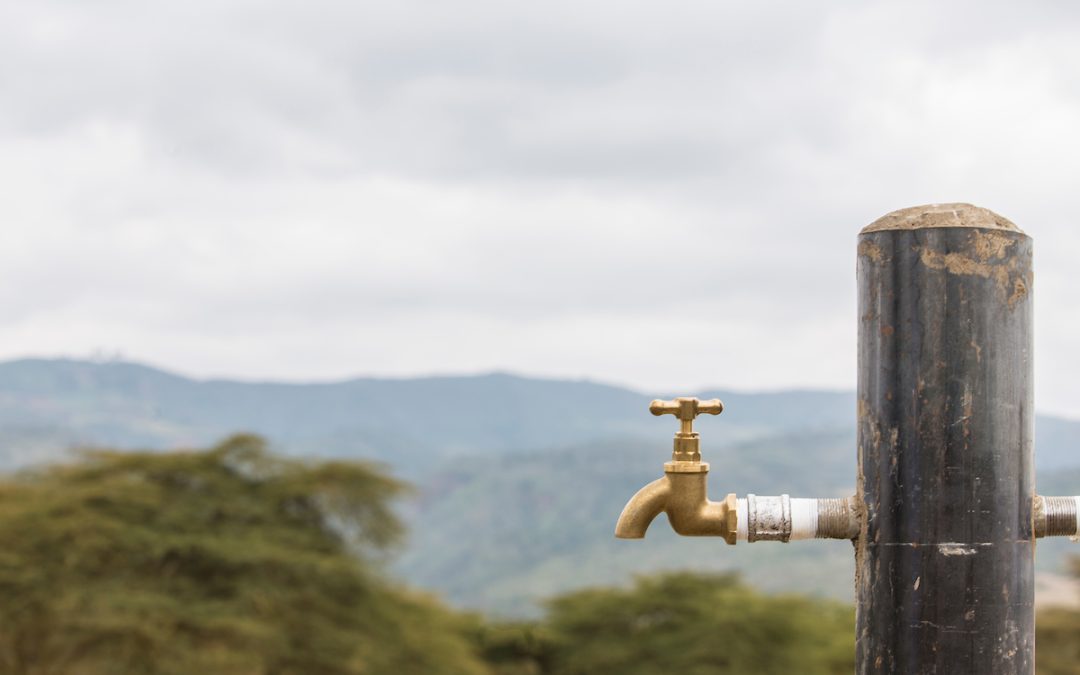Here is the unfortunate truth: 30% of rural water systems fail within 5 years.*
Many of these systems fail due to lack of funding. Global Water Center’s new Carbon Credit Program, Carbon 4 Safe Water (C4SW), offers an innovative solution to this ongoing problem. C4SW helps nonprofits stay carbon compliant so they can use carbon credits to maintain their safe water systems.
But the Carbon Credit Program doesn’t stop there.
In addition to supporting other nonprofits, this program also works directly with rural communities. After a safe water system is installed, most nonprofits hand off operations to the local community. If those communities don’t have the resources to maintain and operate the water systems, they will fail.
“That’s a real waste of energy, resources, and efforts,” said Eric Wei, president of C4SW. Eric and his team are committed to making rural water systems more financially sustainable through their knowledge of the carbon market.
The Basics: How Does the Carbon Market Work?
When people in rural communities collect water from unsafe sources, they often boil it to remove harmful contaminants. Unfortunately, boiling with firewood or charcoal emits a high amount of carbon dioxide.
“By providing safe drinking water, you reduce the need to boil water— thereby reducing carbon emissions,” Anne Lyngdoh, a Carbon Credit Program associate, explained.
When a community shifts from boiling water to using a safe water system, they can sell their carbon offsets to companies that want to lower their carbon footprint. The money from that sale can then be used to maintain the community’s water facilities.
“The projects can become sort of their own circular economies,” said Chelsea Inglis, another Carbon Credit Program associate. “And that’s how you maintain the lifespan of a water source.”
Chelsea witnessed the challenges of the water crisis firsthand while serving as a Peace Corps Volunteer in Togo. “I’ve seen water projects fail constantly. And I’ve seen communities be very organized and use their own funds to have them repaired—but that’s rarely the case,” Inglis said. “[The carbon market is] one of the best ways to provide tangible, reliable, continuous support that gets water to people in need.”
However, there are multiple hoops to jump through to be successful in the carbon market. That’s why the Carbon Credit Program is helping safe water organizations and communities provide accurate data and thorough documentation.
Moving Forward
C4SW recently signed an advisory agreement with Water Mission to support the carbon credit related work in an initial portfolio of 17 safe drinking water projects in Kenya and Malawi. This agreement could help up to 100,000 people access safe water.
C4SW is also in discussions with developers of safe drinking water projects, nonprofits, and communities in Ethiopia, Honduras, Nicaragua, and El Salvador.
We envision this program growing to finance sustainable safe water systems around the world.
* International Journal of Water Resources Development https://www.tandfonline.com/doi/full/10.1080/07900627.2018.1543117


Am honestly in love with you approach, however i have one question: To qualify for the carbon certificate or having auditors coming for verification is quiet an expensive venture, how do you overcome this barrier.
Thank you for your kind comment and great question. I have passed your question on to Eric Wei, President of Carbon 4 Safe Water.
This comment is from Eric Wei, President of Carbon 4 Safe Water:
Hello Aribo,
A good and critical question! While Safe Drinking Water (SDW) project costs can vary widely by location, technology, host government’s carbon framework (including carbon-based levy and/or fees), and post-implementation project management model, such costs are generally feasible relative to the market price of carbon. On an all-in basis, most SDW projects we work with have a nominal unit cost of carbon generation in the low to mid-teens ($/tCO2e), which is manageable under current market price levels for carbon. If only focusing on the certification processes- the fees/costs/expenses of the carbon standards/registries and the VVBs (verification and validation bodies)- the associated annual costs generally do not exceed 5-10% p.a. of the gross carbon revenue.
In terms of carbon-based financing, there are several different funding mechanisms, from carbon streaming (100% external project financing requirements committed upfront in return for a percentage of the carbon outcomes of the project over its lifetime) to forward offtake commitments (which while back-ended can be used as support for upfront funding such as short-dated bridge loans). There are also the traditional concessionary capital sources including donations, philanthropic capital and grants that can be used to address upfront costs. Other pathways some are exploring include bundling carbon interventions (e.g. combining a SDW project with an ICS program (improved cookstove) and/or with non-carbon outcomes (e.g. DEI outcomes such as gender equity or SDG outcomes).
This program is also needed in Uganda so that communities receive clean and safe water.
Thank you for your comment. We agree! We are currently planning to start training water technicians in Uganda. Please follow us on Linked In for the latest updates: https://www.linkedin.com/company/globalwatercenter/
Why are we incapable of advancing public goods and services with carbon potential like water supply? This should apply to innovation applied anywhere in the world that decarbonizes water supply. There is no situation where humans don’t use water and need it to survive.